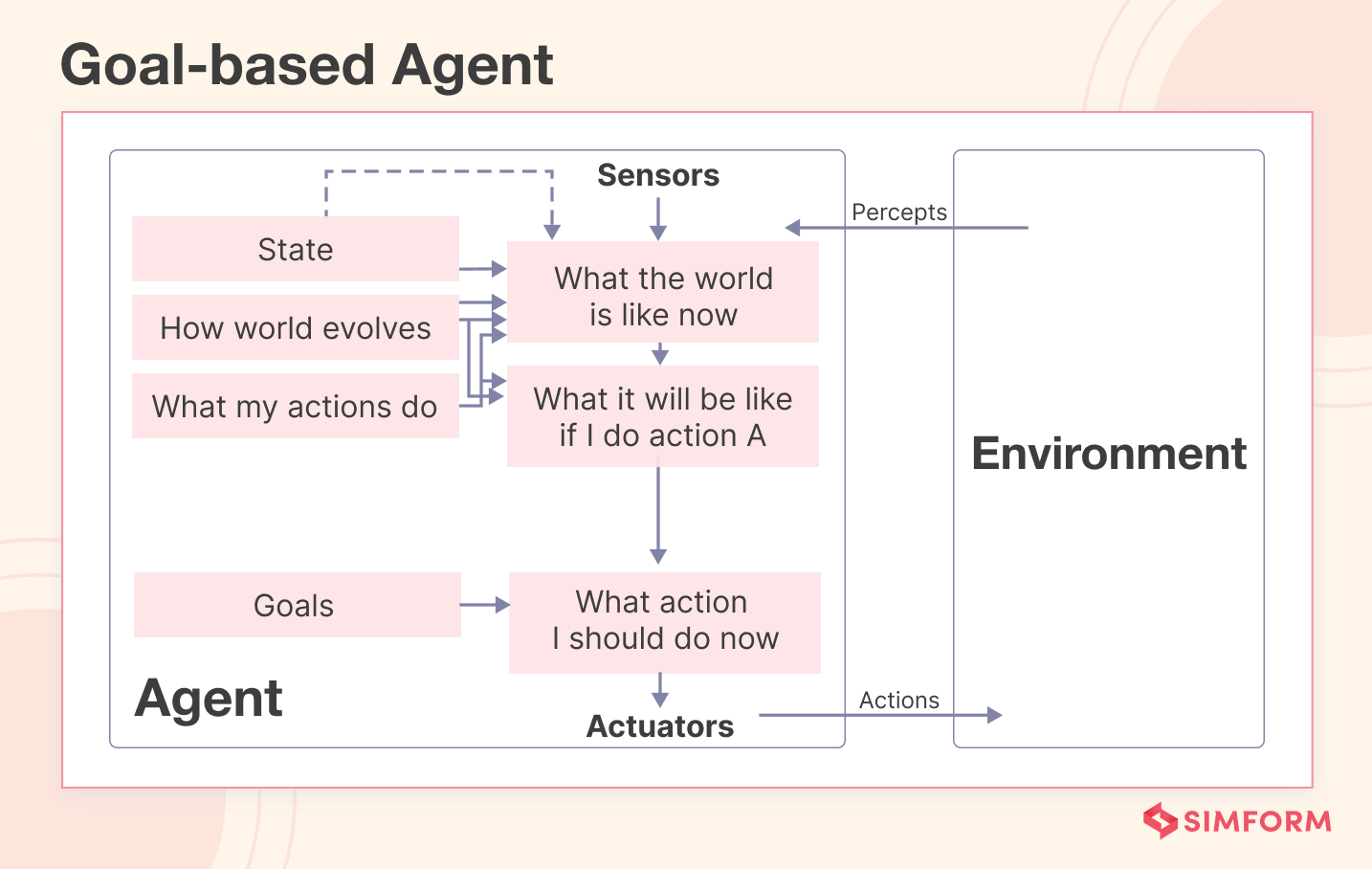
The Quantum Leap: Understanding the Revolution in Computing
Estimated reading time: 7 minutes
Key Takeaways
- Quantum computing leverages quantum-mechanical phenomena like superposition and entanglement for computational power.
- It promises to solve problems intractable for even the most powerful classical computers.
- Key applications include drug discovery, advanced materials science, and cryptography.
- Significant engineering and scientific challenges remain for widespread adoption.
- Major tech giants and startups are heavily investing in quantum research and development.
Table of contents
- The Quantum Leap: Understanding the Revolution in Computing
- Key Takeaways
- What is Quantum Computing?
- The Magic Behind Quantum Mechanics
- Transformative Applications of Quantum Computing
- Challenges and the Road Ahead
- Quantum vs. Classical: A Fundamental Difference
- The Future is Quantum: What to Expect
- Frequently Asked Questions
For decades, the power of computing has been defined by the ever-shrinking silicon chip. But what if there was another way? A way that could unlock computational capabilities *beyond* anything we’ve ever imagined? Enter quantum computing, a revolutionary field that promises to transform industries and solve some of the world’s most complex problems.
What is Quantum Computing?
At its core, quantum computing is an entirely new paradigm. Unlike classical computers that store information as bits—either a 0 or a 1—quantum computers use *qubits*. These aren’t just fancy bits; they operate on the principles of quantum mechanics, opening up a realm of possibilities that defy our everyday intuition.
Imagine a light switch. It’s either on (1) or off (0). That’s a classical bit. Now, imagine a light switch that can be *both* on and off simultaneously, or even somewhere in between. That’s closer to a qubit, thanks to a phenomenon called superposition.
The Magic Behind Quantum Mechanics
Two key quantum phenomena power these incredible machines:
- Superposition: As mentioned, a qubit can exist in a combination of multiple states (0 and 1) at the same time. This exponentially increases the amount of information a quantum computer can hold and process compared to classical bits.
- Entanglement: This is a truly mind-bending concept. When qubits become entangled, they become interconnected in such a way that the state of one instantly influences the state of the other, no matter how far apart they are. This allows quantum computers to perform complex computations in parallel.
It’s these properties that give quantum computers their potential to tackle problems that would take even the most powerful supercomputers *billions of years* to solve.
Transformative Applications of Quantum Computing
The implications of quantum computing span across numerous industries:
- Drug Discovery & Materials Science: Simulating molecular interactions with unprecedented accuracy, leading to new pharmaceuticals and advanced materials. Imagine designing drugs at the atomic level!
- Cryptography: The ability to break today’s most secure encryption algorithms, but also to create quantum-resistant encryption methods.
- Financial Modeling: Optimizing complex financial models, portfolio management, and fraud detection with greater speed and precision.
- Artificial Intelligence: Enhancing machine learning algorithms, enabling more powerful AI systems, and speeding up data analysis.
- Logistics & Optimization: Solving complex optimization problems, from optimizing delivery routes to managing global supply chains more efficiently.
“Anyone who is not shocked by quantum theory has not understood it.” – Niels Bohr
Challenges and the Road Ahead
While the potential is immense, quantum computing is still in its nascent stages. Significant challenges remain:
- Decoherence: Qubits are incredibly fragile and easily lose their quantum states due to environmental interference (noise). Maintaining their coherence for longer periods is critical.
- Error Correction: The high error rates of current qubits necessitate sophisticated error correction techniques, which are resource-intensive.
- Hardware Limitations: Building and scaling stable quantum computers requires extremely precise engineering, often operating at temperatures colder than deep space.
- Algorithm Development: We need to develop more quantum algorithms that can effectively leverage the unique capabilities of these machines.
Despite these hurdles, progress is being made rapidly. Companies like IBM, Google, and Microsoft are investing heavily, pushing the boundaries of what’s possible. We are seeing a race towards achieving “quantum advantage,” where a quantum computer can solve a problem demonstrably faster than any classical computer.
Quantum vs. Classical: A Fundamental Difference
It’s important to understand that quantum computers aren’t meant to *replace* classical computers. They are designed to *complement* them, excelling at specific types of complex problems where classical machines fall short. Think of it as a specialized tool in a much larger toolbox.
Classical computers are excellent for tasks like browsing the web, running spreadsheets, or playing video games. Quantum computers, with their ability to explore vast numbers of possibilities simultaneously, are ideal for tasks requiring *intense computation* and *optimization*.
The Future is Quantum: What to Expect
While a quantum computer won’t be sitting on your desk anytime soon, its impact will be felt indirectly across many sectors. Over the next decade, we can expect to see:
- More powerful, stable quantum processors.
- Breakthroughs in specific applications, particularly in chemistry and materials science.
- Development of hybrid quantum-classical algorithms.
- Increased accessibility to quantum computing resources via the cloud.
The quantum revolution is not just hype; it’s a fundamental shift in how we approach computation. Its full potential is still unfolding, promising a future where today’s impossibilities become tomorrow’s realities.
Frequently Asked Questions
- What is the main difference between a classical and quantum computer?
Classical computers use bits (0 or 1), while quantum computers use qubits, which can be 0, 1, or both simultaneously (superposition), allowing for far more complex calculations.
- Will quantum computers replace my laptop or smartphone?
No, quantum computers are specialized machines designed for specific, highly complex computational tasks. They will not replace everyday devices but will rather work alongside classical computers.
- When will quantum computing be mainstream?
While significant progress is being made, widespread commercial applications are still likely a decade or more away. However, cloud access to quantum computing is already available for researchers and developers.


